They say the wolf ate the magician.
They find the man lying on the stone floor, chunks of his flesh unfurled around him like oversized rose petals, torn apart by thorny fangs. Broken bottles litter the shelves of his home, caught in liquid pools of strange colors that hiss and spread like angry tears. Tattered black books pattern the floor, spines up and pages squashed, sprawled open like dead crows.
Early this morning, I hear the trumpeting of that faction of the King’s Guard that deals with our realm’s mysteries and murders. I notice the townsfolk striding through the streets towards the forest, summoned by the sound. I follow them, cradling a loaf of bread against my breast to muffle the pounding of my heart. I’ve heard that trumpet only once before; it had been in warning then, a winter’s night when wolves attacked our town and slaughtered the rest of my family, our home at the outskirts an easy target. This time the trumpeting is less urgent, more doleful. They’ve found something.
The townsmen and I accompany the King’s Guard through the dark forest. They say a wolf prowls in these shadows. They say it’s a bristling black nightmare that gorges itself on human flesh. They say it’s unlike any other wolf they’ve encountered in these parts. Its paw prints are thrice the size of any dog’s. Its howl pricks your skin like sleet, sounding so human, wordlessly sad, almost intelligible, never familiar.
“Red,” murmurs a voice beside me. I jump. It’s only Francine, looking up at me with doe-brown eyes in her freckled face. She slips her tiny hand through mine before I can resist. I give her my bread as usual, knowing I won’t eat it. “Are you scared?”
The people walk unafraid, more curious than cautious. We are many. We have the Guards. The wolf has attacked someone this month already and the moon is no longer full. Nobody really fears it right now.
Except for me.
“No,” I say. “You shouldn’t be, either.”
When I was Francine’s age, Madam took me in. She lived in a house that she shared with six younger women. Many of them were foreign, most of them were kind, and all of them were pretty. Sometimes men came to visit, but none stayed longer than a few hours. I wasn’t allowed to speak to them. At night, I slept in a cot in Madam’s room. In the day, I ran errands for her or helped the maid in the kitchen. Once a week, Madam packed a basket of provisions and sent me to a house in the woods where her brother lived.
I was frightened in the beginning. I told Madam that I could hear the wolf’s panting when I walked among the trees, but the wood looked empty whenever I looked over my shoulder. Sometimes I thought I heard a footfall or a crackling twig. No matter how quickly I whirled around, I never saw the wolf. It was a strange game: I lost because I could not see it and won because I did not die. Sometimes, if it had rained and the ground was moist, I would turn to see huge pawprints along the path behind me. Occasionally I would find tufts of black fur on the ground, as soft and inky as silk. Once I brought some home for Madam to see, for her to believe me. She laughed and said that I couldn’t trick her. That it was a lock of my own hair which I had trimmed and brought to show her.
“What if the wolf eats me?” I retorted. “Who will run your errands then?”
She slapped me and sent me to bed without a meal. In the morning she brought me a chocolate scone and untangled my hair with her own ivory brush. “Wolves do not eat children,” she said. “Especially not orphans. You are too small to fill its belly.”
Madam’s brother was more than a hermit. He was a magician. He did not like the town and apparently the town didn’t care for him. I never could understand why Madam didn’t go herself, or why she didn’t send one of the older girls. It struck me, much later, that she feared him.
Read the rest here: https://literallystories2014.com/2019/11/18/red-by-angela-panayotopulos/?fbclid=IwAR20pxCzqKh0NiaAxRYBxR2QqsHvFsT2-CyeV1uCkVZBbj3qLUwIMzKSjy4
Also featured in my upcoming anthology of fairy tale retellings.
POWER IS GAINED BY SHARING KNOWLEDGE.
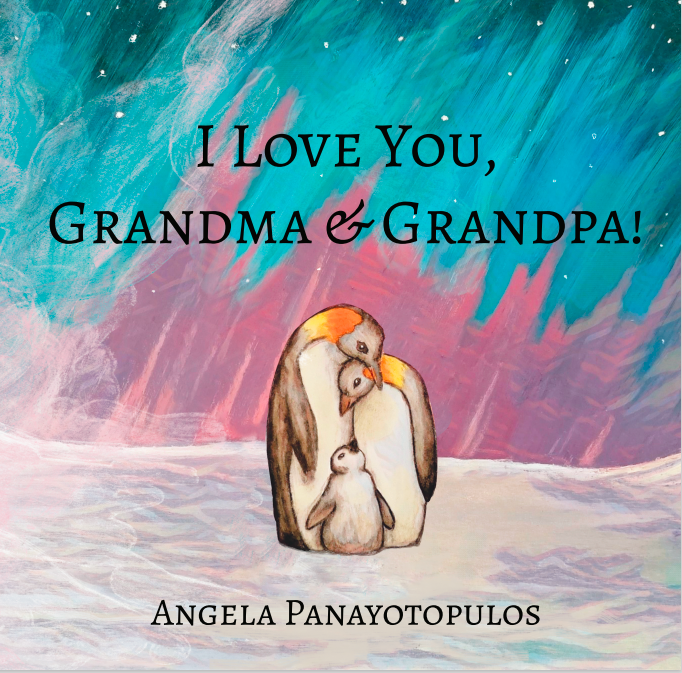



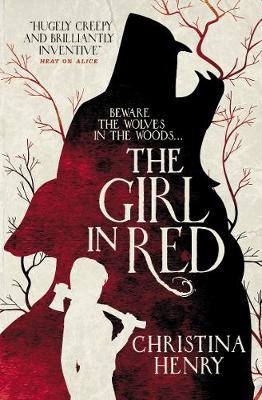
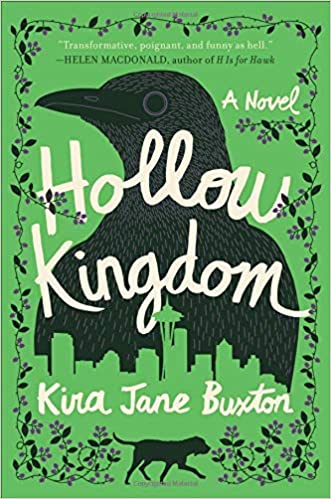
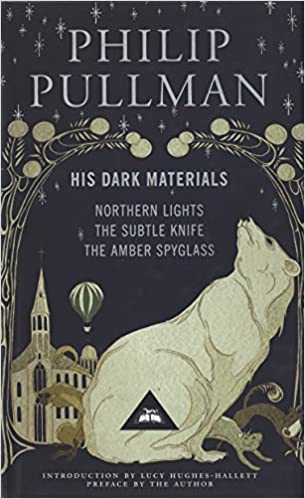
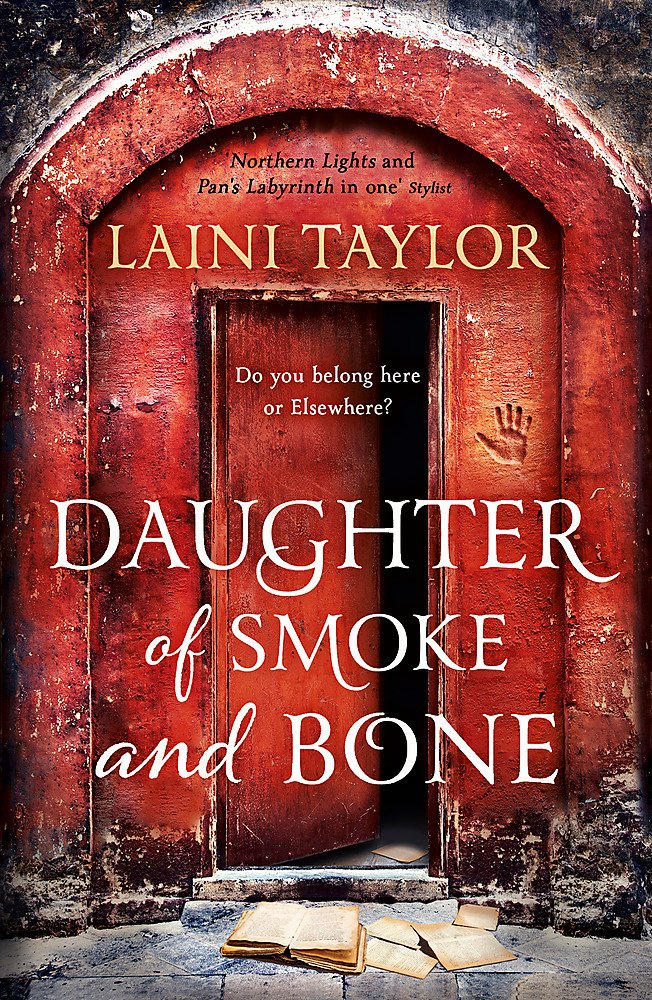
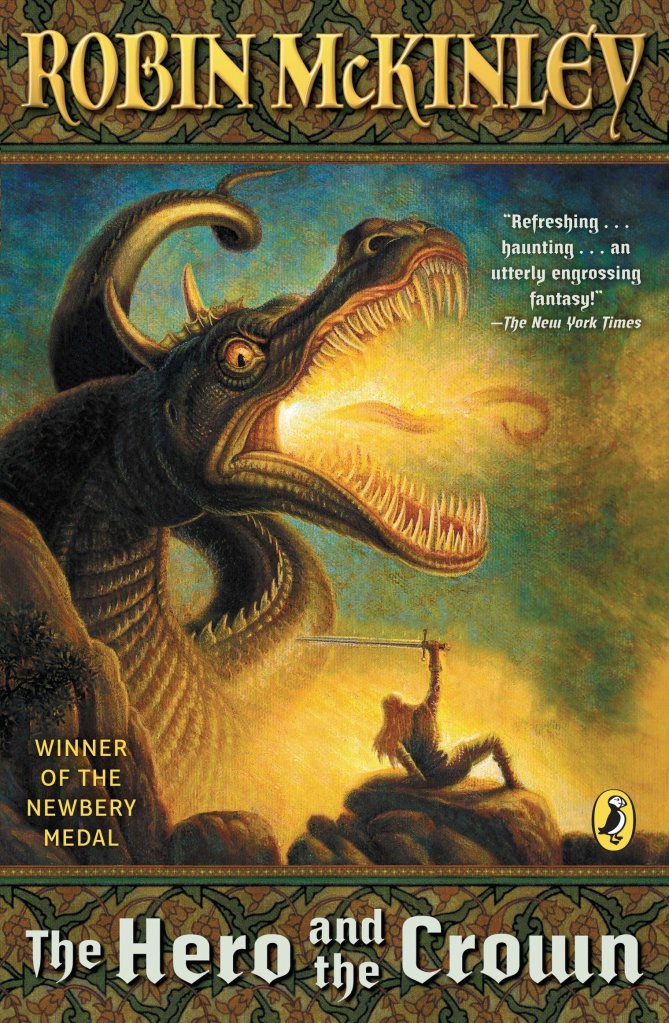




















![“Pied Piper” [a short story]](https://thewritequality.files.wordpress.com/2020/01/82682906_2825339210838450_5775242227131351040_n.jpg?w=700&h=430&crop=1)


